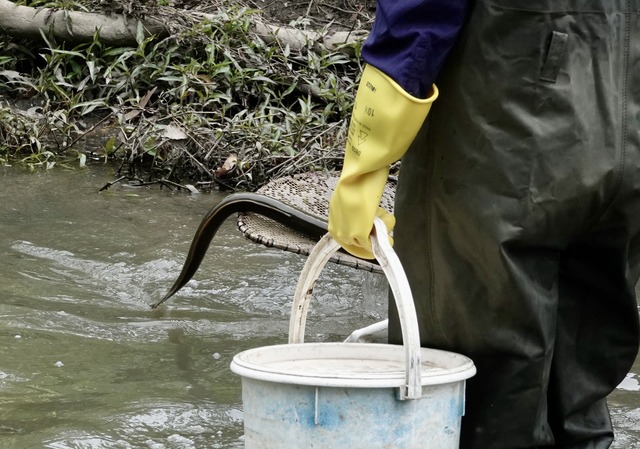Revealed on January 23, the 2024 Oscar nominations had some surprises and one big snub that left me fuming.
Oppenheimer received a whopping 13 nominations across writing, directing, acting and technical fields, including Best Picture. Past Lives was nominated for Best Picture and Best Original Screenplay, and stands a very good chance of winning the latter through its rich, literary yet natural dialogue. Poor Things, a quirky, uplifting gender-flipped spin on Frankenstein, was nominated for eleven Oscars, including Best Picture, Best Director for Yorgos Lanthimos and Best Adapted Screenplay, being adapted from the novel by Alasdair Gray. Lily Gladstone became the first Native American woman to be nominated for Best Actress for her powerful performance in Killers of the Flower Moon (which, surprisingly, was not nominated for Best Adapted Screenplay). In one of cinema’s biggest glow-ups, as the Godzilla franchise has long been mocked for its use of men in rubber suits, Godzilla Minus One was nominated for Best Visual Effects, and the stunning sci-fi war character study The Creator was nominated for Visual Effects and Sound.
Barbie received eight nominations, including Best Picture, Adapted Screenplay, Production Design and two Best Song spots, but Greta Gerwig was not nominated for Best Director and Margot Robbie was not nominated for Best Actress, despite Ryan Gosling and America Ferrera receiving Supporting Actor and Actress nods (respectively). Robbie flawlessly portrays the archetypal ditzy blonde Barbie, but delivers a nuanced, moving performance as Barbie grows more human and learns the importance of sadness and negative emotion. If Gosling was nominated as Ken, it’s only fair that Robbie be nominated for Barbie, and some online commenters have humorously observed that Ken being recognized over Barbie is effectively the plot of Barbie.
Barbie is in the same position as Argo from 2013: a Best Picture candidate with a snubbed director (though in fairness, Gerwig and Robbie are both listed as producers on Barbie).
The most galling snub for me was writer-director Emerald Fennell’s darkly funny psychological thriller masterpiece Saltburn.
Star Barry Keoghan’s lead performance is just as nuanced as Robbie’s, as Oliver Quick’s manipulative, scheming true self slowly emerges from his unassuming fish-out-of-water persona, and Keoghan fearlessly commits to the film’s more risque or grotesque sequences.
At the very least, Saltburn deserved a Best Cinematography nomination for its lavish, painterly shots and elaborate long-takes, but I wholeheartedly believe it should have been nominated for Best Original Screenplay.
You’d be forgiven for thinking Saltburn is just an exploitation movie – more Caligula than Parasite – but despite its graphic content, Saltburn’s narrative is witty, well-paced and surprisingly subtle. Saltburn is extremely effective at challenging our assumptions: we initially warm to Oliver as a shy, reserved college student who comes out of his shell through Felix’s (Jacob Elordi) friendship, but our view of Oliver slowly sours as he lies and pushes boundaries. Felix’s weird family proves not as sinister as they first appeared, and the climax gives us the grim satisfaction of the plot’s many dastardly clues coming together.
I acknowledge that Saltburn might be too gross and deranged for the Academy to touch, as the same was true of Possessor. The second feature from Brandon Cronenberg (son of body horror pioneer David Cronenberg) and my film of the year for 2020, Possessor is richly-layered, deeply intriguing, superbly-paced and shockingly graphic but never gratuitous. Stars Andrea Riseborough and Christopher Abbott were robbed of Oscar nominations at the 2021 Oscars, and if I had my way, I would have given them a special shared Oscar, as their performances are so intensely complementary.
Maybe Saltburn is too much for the Academy to stomach.
And yet in its subversive notes, bursts of violence and themes of infiltrating the upper-class, Saltburn isn’t too far removed from Parasite.
If Parasite could win Best Picture in 2020, the Academy can stretch their horizons and give Saltburn its screenwriting due.
– Seth Lukas Hynes







